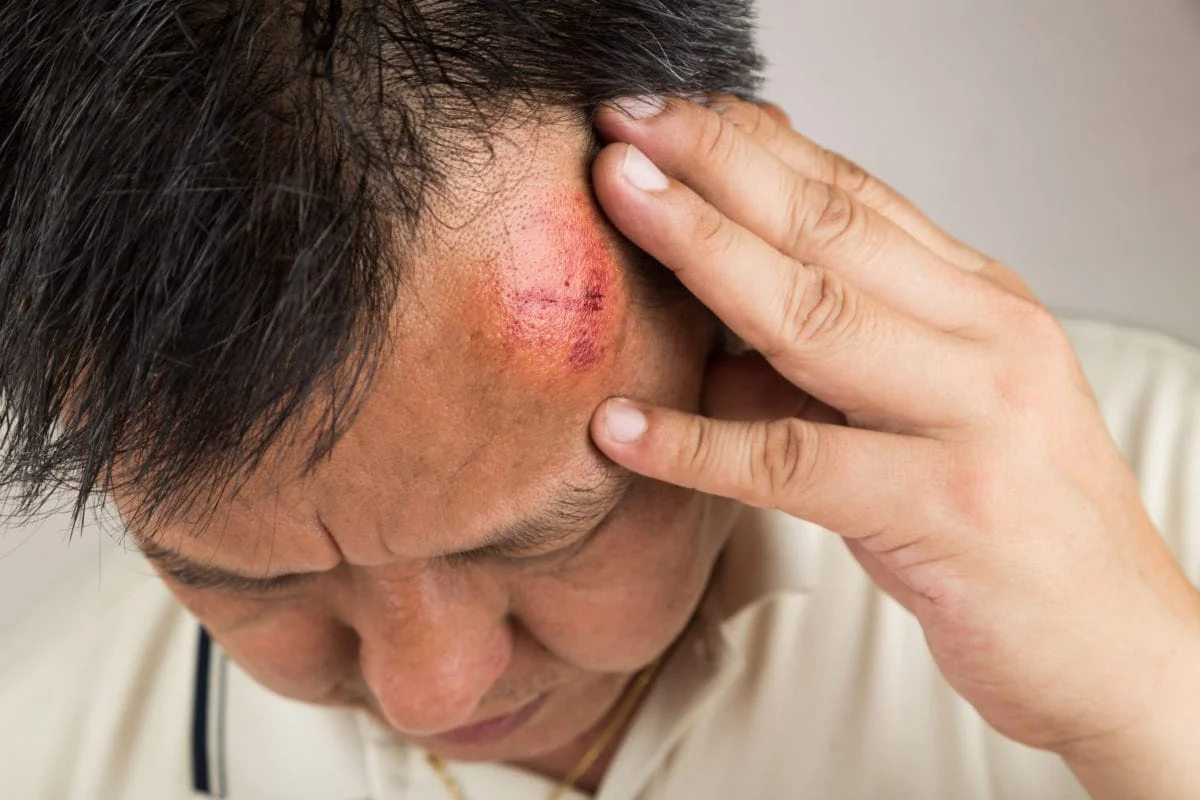A concussion is a traumatic brain injury caused by a hit or jolt to the head. The injury disrupts the normal function of the brain. Recognizing a concussion is not easy because its symptoms may be mild. However, you need to see a doctor for a thorough examination of San Diego concussion to avoid complications in the future.
What cause concussions
Concussions may result from car accidents, falls, sports injuries, and assault. Concussions are more common in children, young people, and the elderly, and they might take longer to recover from them. Concussions are more likely to occur in people who have already experienced one.
Symptoms of concussions
Symptoms of concussions can appear instantly or after a few days. In addition, the symptom may persist for a few days, months or even years. Here are common symptoms of concussions;
- Headache
Headache is one of the common symptoms of concussion. You may experience a moderate to severe headache.
- Confusion or memory loss
Following a concussion, you may experience confusion and lose your most recent memories. When your memory is impaired, it will be difficult for you to recollect what occurred shortly before the concussion.
In most circumstances, you can forget your name or where you are. Memory issues may not appear for many days or hours, and you or your kid may lose track of how you were injured.
- Dizziness and unsteadiness
A concussion might cause damage to your middle or inner ear as a result of the trauma. This injury may induce dizziness, a light-headed feeling, and a lack of balance. A concussion may cause hearing loss and ear bleeding in extreme situations.
- Thinking problem
It is typical to have trouble focusing and comprehending instructions after a concussion. You or your kid may be sluggish to answer inquiries or have trouble remembering instructions.
- Visional changes
When the power of the concussion disturbs the nerve impulses coming from your eyes to your brain, you may “see stars” or experience flashes of light. Other visual problems, such as double or blurred vision, indicate more severe brain injury.
- Vomiting and nausea
Nausea and vomiting are common symptoms after an injury, although they may sometimes be delayed.
- Changes in mood
Anxiety, sadness, and irritability may all be symptoms of a concussion.
- Fatigue
After a concussion, your brain requires a decent rest to recover. As a consequence, weariness is rather prevalent.
What is the treatment for concussions?
Getting lots of rest, including a good night’s sleep and naps or rest periods throughout the day, is crucial for concussion therapy. While you recover, your doctor will likely advise you to avoid some strenuous activities and sports and may prescribe medication to help with headaches.
If your symptoms persist or worsen after a few days, you should contact a physician specializing in concussions.
It is possible to recover fully after a concussion, although it may take some time. You should seek medical attention immediately after concussions to avoid the risks of complications. In addition, get enough rest to heal your brain and avoid strenuous physical activities.
If you experience concussions, call Mindset to schedule your appointment for treatment.


